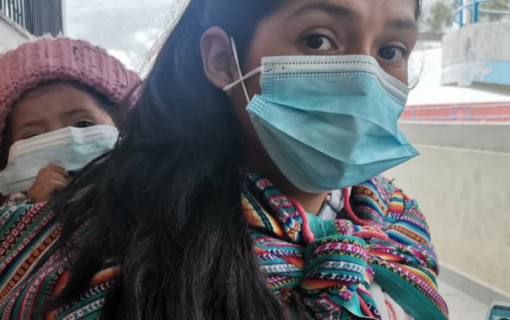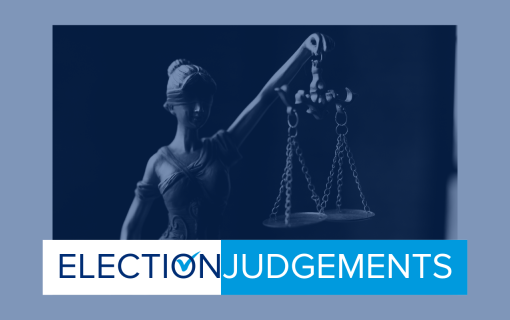The Electoral Process in Kosovo: Next Steps (Conclusions from the Conference Held in Pristina on 8-10 Feb 2001)
INTRODUCTION
With funding from US AID and in cooperation from OSCE, IFES sponsored a post-election conference entitled "The Electoral Process in Kosovo: Next Steps". The event was held at the Grand Hotel in Pristina, on 8 to 10 February 2001. The purpose of the conference was to provide Kosovar main electoral actors with a forum on the electoral process in Kosovo and its advancement. Participants included Municipal Election Commission (MEC) members, political party representatives, independent candidates and NGO representatives as the Council for the Defense of Human Rights and Kosovar Action for Civic Initiatives (KACI) as well as representatives from OSCE and the Council of Europe. There were over 140 participants during the three days of the conference (Please see Annex 3 for a full participants list).
The conference followed a post-election survey administered by IFES in December 2000 by means of a questionnaire distributed to independent and party candidates, observers from 106 NGOs, and the Municipal Elections Commission (MEC) members who administered the election process in Kosovo. The survey meant to assess the electoral administration and performance and to determine needs for future training of election administrators in Kosovo. The findings confirmed that Kosovar election officials need specialized training to assume increased responsibilities and to achieve greater transparency in administration.
The conference provided the MEC members the opportunity to follow up on the conclusions of the survey as well as to meet with their counterparts from municipality, across the province. It also enabled MEC officials, political party representatives, and civil society leaders to identify shortcomings in logistical and technical preparations for the Municipal Elections and possible solutions to improve the electoral process before the next elections. This includes determining priorities and next steps for. professional development and institutionalization of election administration.
The conference was set up to allow for larger presentations to the plenary group on the October elections, international standards, and the nationalization of an electoral structure. Smaller workgroups were used to identify areas of consensus to help prioritize recommendations for improvement of the administration of elections in Kosovo.
The conference featured speakers such as Ambassador Daan Everts, Head of the OSCE Mission in Kosovo; Owen Masters, Deputy Head of the Council of Europe Observation Mission; Istvan Zsuffa, Association of Central and Eastern European Election Officials; and Charles Lasham, Project Manager for IFES/Moldova and founding member of the Association of Electoral Administrators. The MEC members benefited from the case study of Bosnia and Herzegovina presented by IFES/AEOBiH Field Representative/Training Advisor Beverly Hagerdon-Thakur and AEOBiH Secretary Emin Novalic as well as from the presentations by Rafael Lopez-Pintor, elections expert and author of Eleelornl MflIwgcmellt Bodies as hzstiluliolls of Governmzce.
The small discussion groups each met twice during the three-day conference. The first time they addressed the administration of the October elections and the roles of both the international and local administrators in this process. During their second meetings, the groups were focused on one of the following themes: women's participation in elections, transparency, accountability, equity, equality, and integrity. Participants were given background papers on these topics to stimulate discussion. The working groups were indeed productive in their identification of problems in the October elections and possible solutions. There . was consensus that priority recommendations include the alphabetization of the voter's lists, an increase in the number of polling stations, better training for polling station committees and international supervisors, and an attempt to deal with appeals and complaints at the municipal level first.
The greatest consensus reached during both the plenary sessions and the working groups was on the peaceful and participatory nature of the 2000 elections and the need for a legal framework in election administration.
This conference report summarizes the areas of consensus from the plenary and working group sessions, observations of the October 2000 elections, the main presentations, the presentations on associations, and the outcomes of the three-day event.









